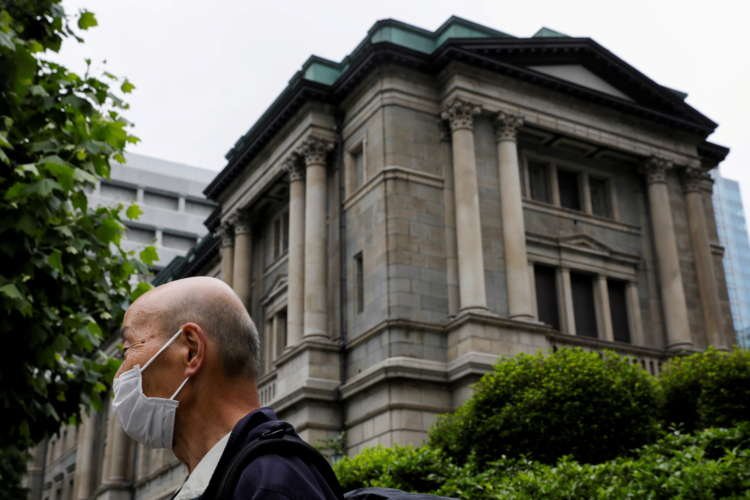Banking
BOJ likely in no mood yet to aid market with more big ETF buying
Published by linker 5
Posted on May 12, 2021
1 min readLast updated: January 21, 2026

Published by linker 5
Posted on May 12, 2021
1 min readLast updated: January 21, 2026

Explore more articles in the Banking category











